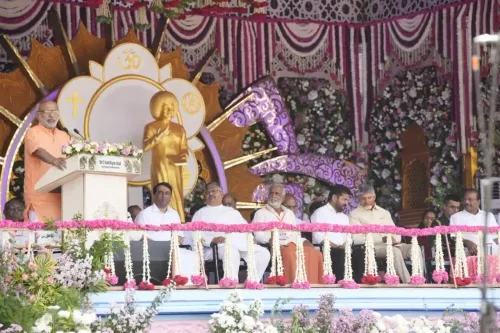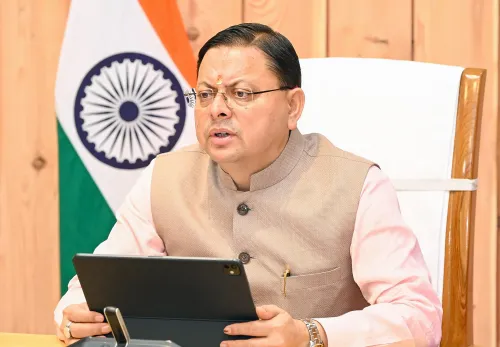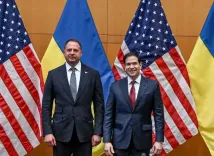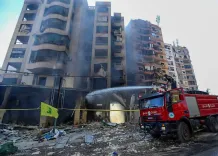Is BJP the 'First Party' to Advocate for a Caste Census?
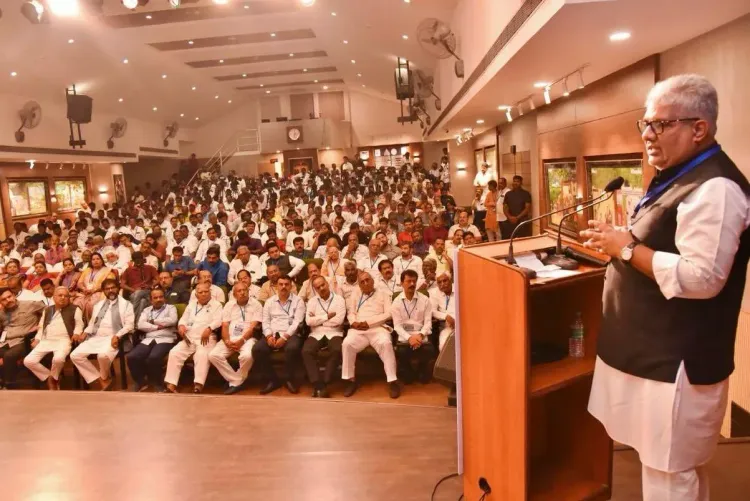
Synopsis
Key Takeaways
- BJP claims to be the first party to advocate for a caste census.
- Initiative aims to gather data for uplifting marginalized communities.
- Part of the broader "Sabka Saath, Sabka Vikas" policy.
- PM Modi's leadership has seen various welfare schemes implemented.
- Data collection will focus on social, economic, and educational indicators.
Bengaluru, June 28 (NationPress) Union Minister for Environment, Forest and Climate Change Bhupender Yadav asserted on Saturday that the BJP is the "first party" since Independence to advocate for a caste census.
He explained that under the policy of "Sabka Saath, Sabka Vikas" (Together with all, development for all), the BJP intends to initiate progress across all societal segments using scientific data.
Over the past 11 years, under Prime Minister Narendra Modi's guidance, multiple development and welfare initiatives have been launched to assist the poor and marginalized.
He highlighted that it was PM Modi who granted constitutional recognition to the OBC Commission.
Yadav stressed that the Registrar General of India is authorized to perform caste censuses, and for the first time since Independence, this initiative is being undertaken to responsibly gather data concerning social, economic, caste-based, and educational indicators.
He recalled that after the Emergency, a non-Congress government, the Janata Party, assumed power at the Centre and established the Mandal Commission.
Yadav reiterated that the BJP is the first political entity since Independence to advocate for a caste census.
He mentioned that the Congress publication 'National Herald' even featured an article supporting a one-party rule in India. Subsequently, B.K. Nehru wrote a letter, and a committee was purportedly formed within Congress regarding this issue.
Yadav accused Congress of consistently attempting to equate the party with the family, and the family with the nation. He argued that this ideology resulted in the declaration of the Emergency.
He concluded by stating that the Emergency is commemorated as a dark period in Indian democracy, one that sparked a people's movement driven by national self-respect and democratic ideals.



